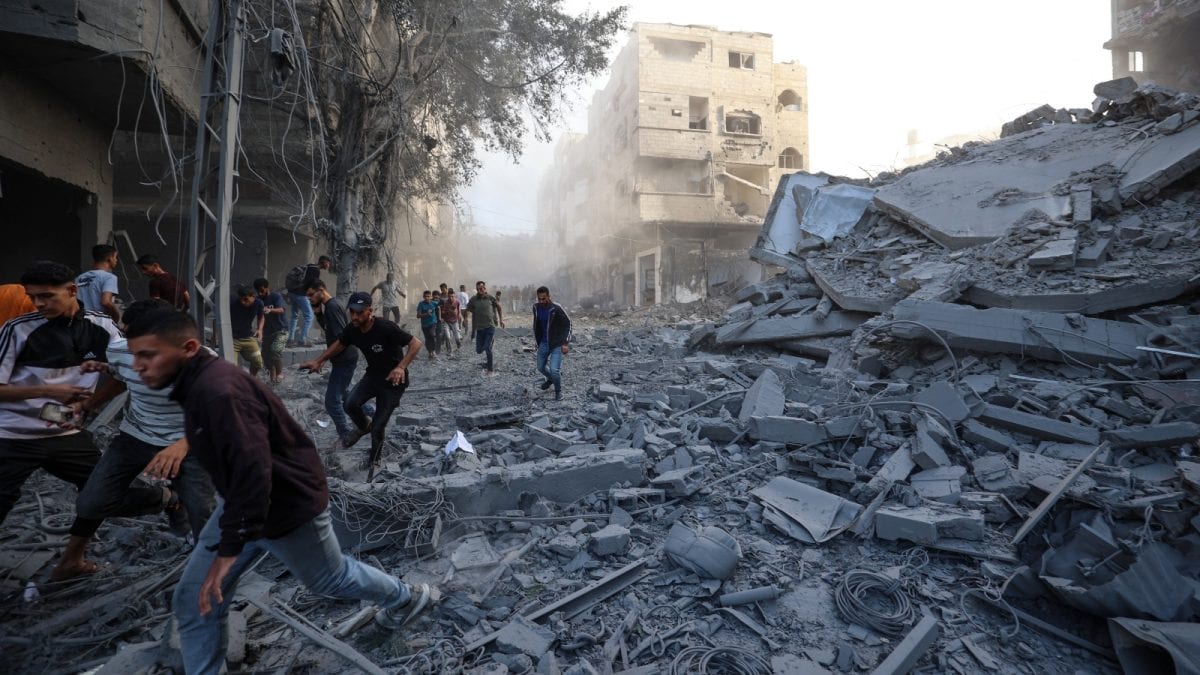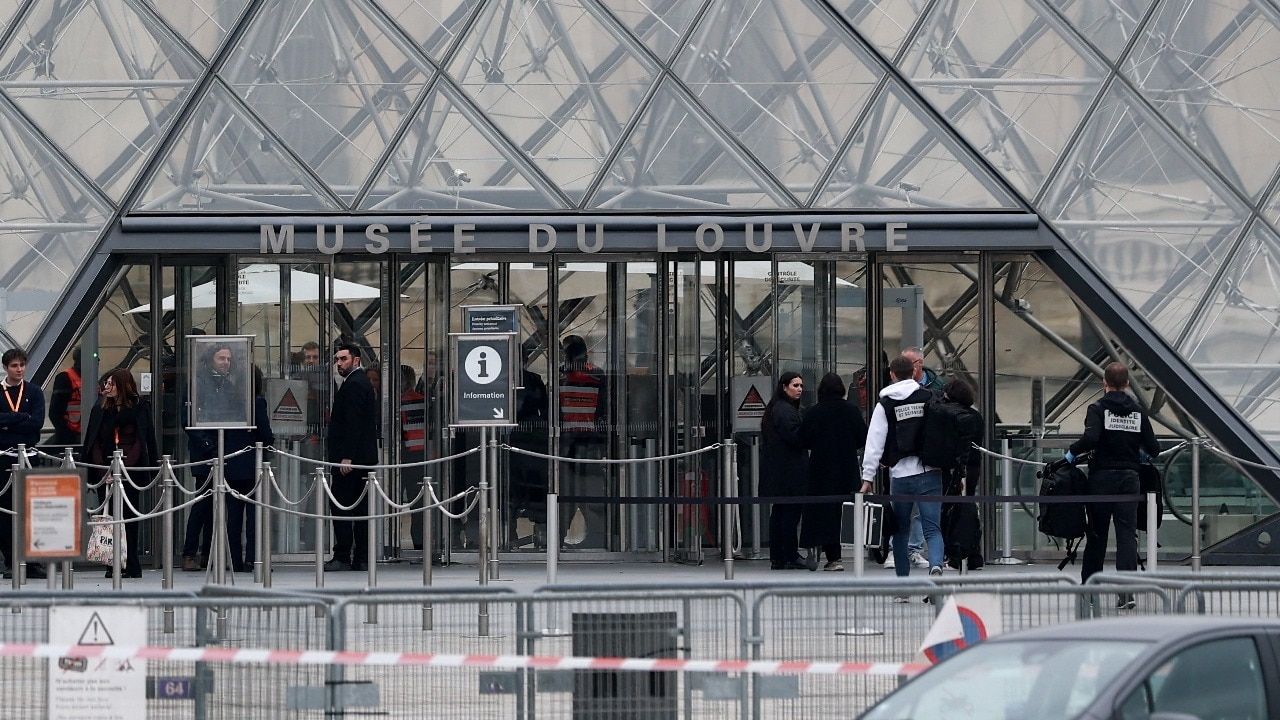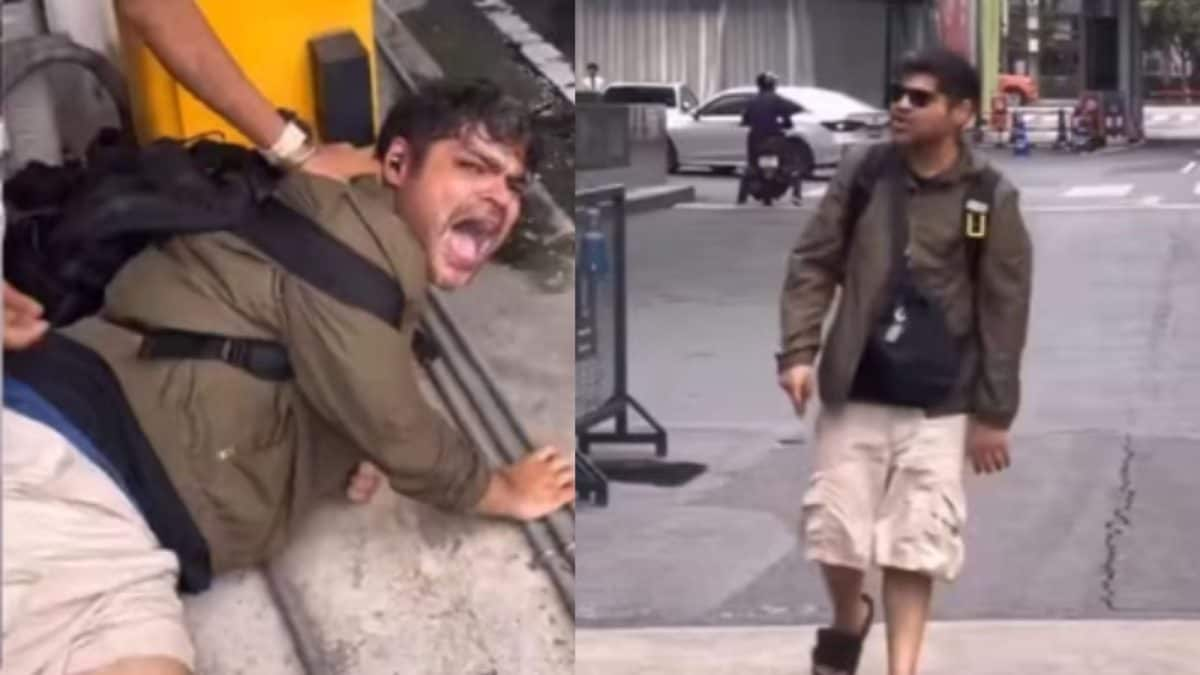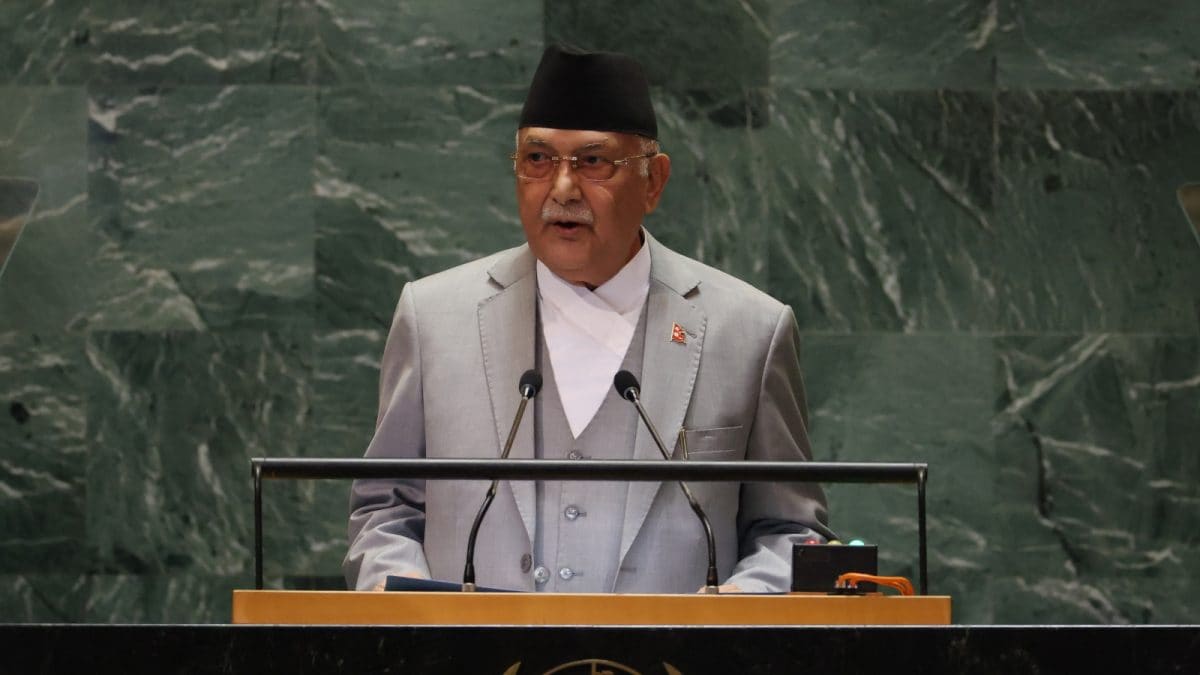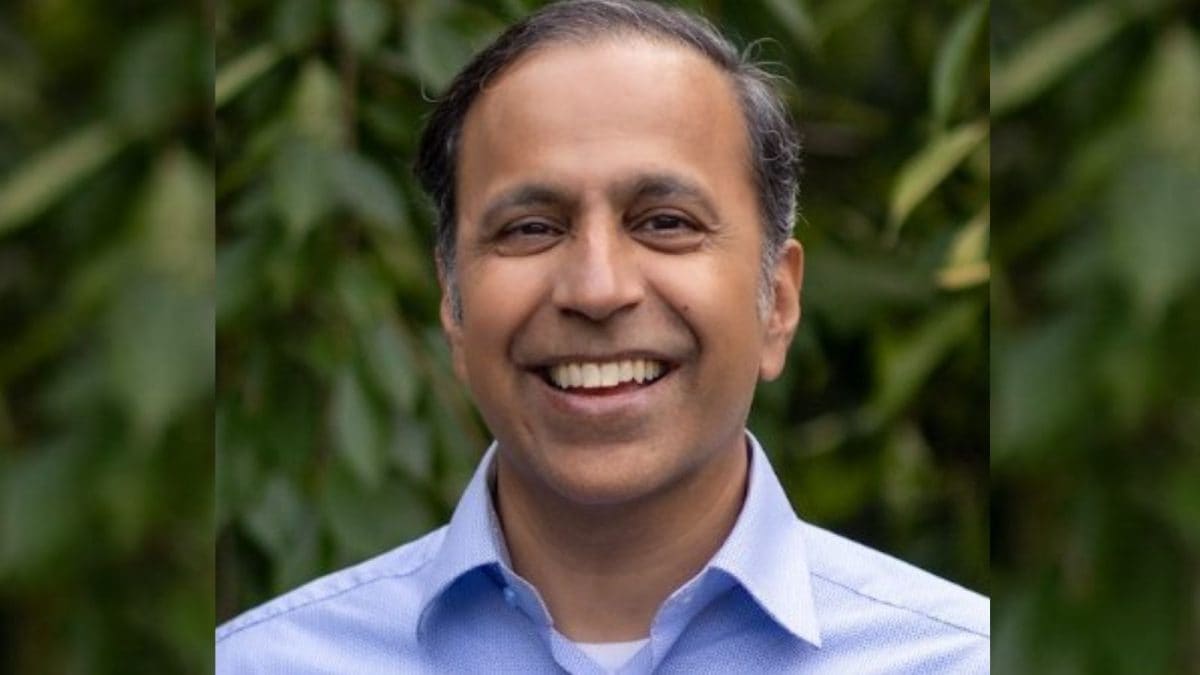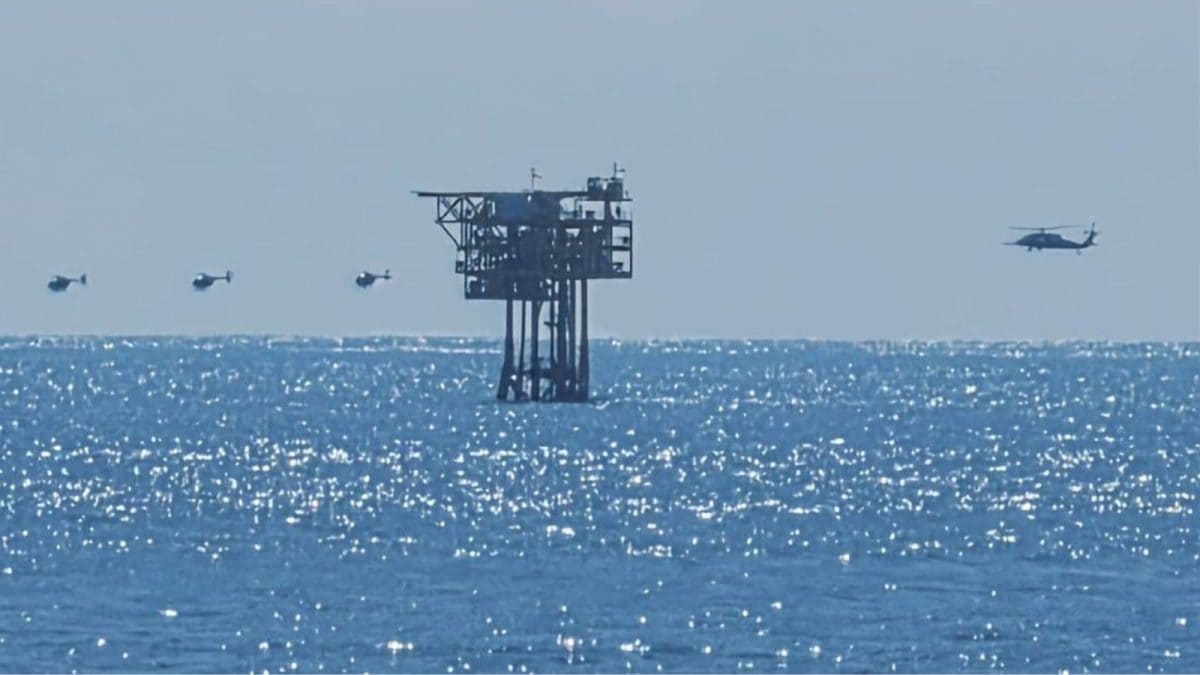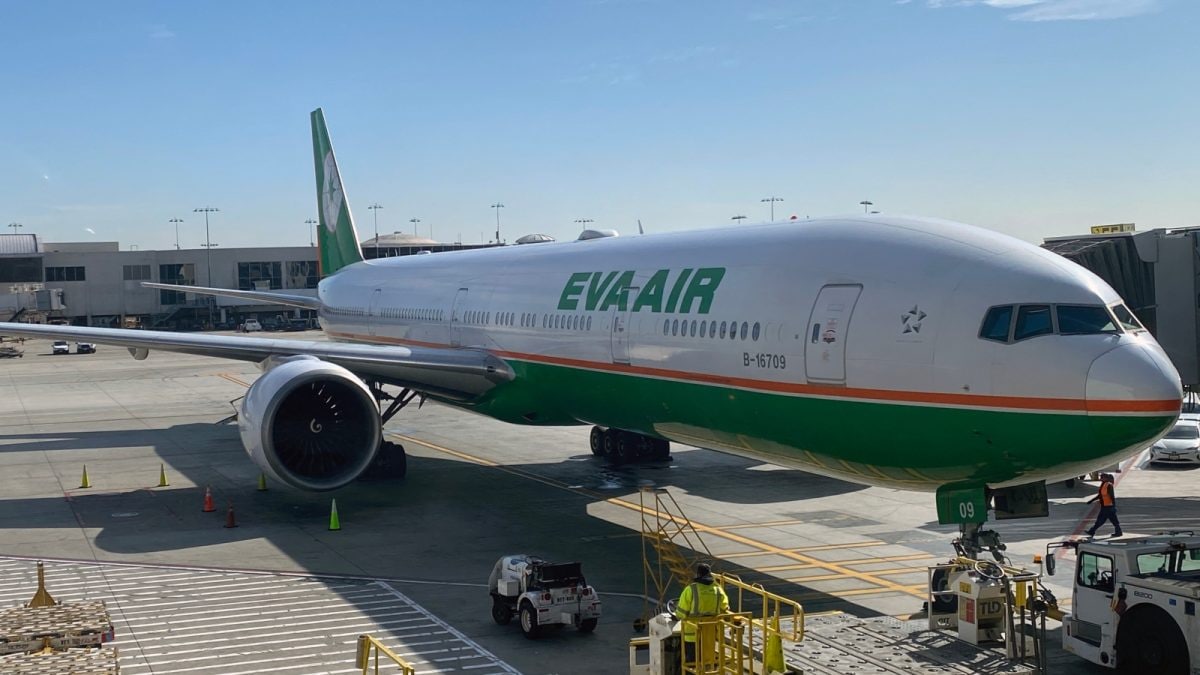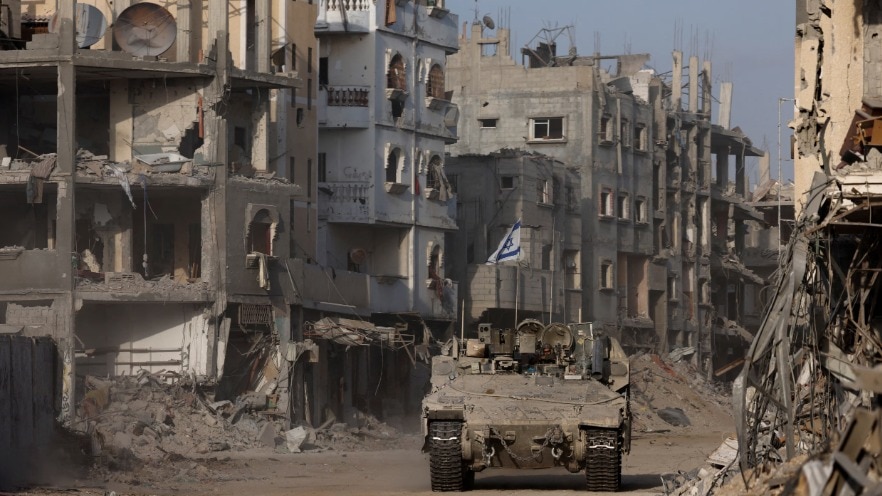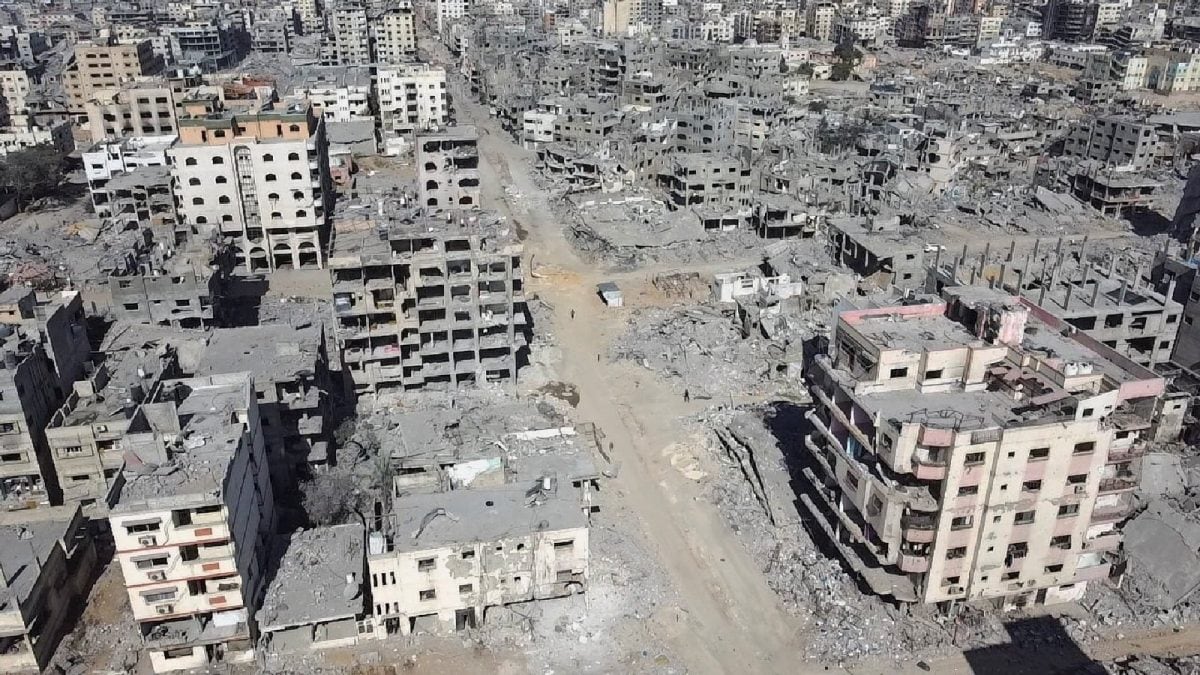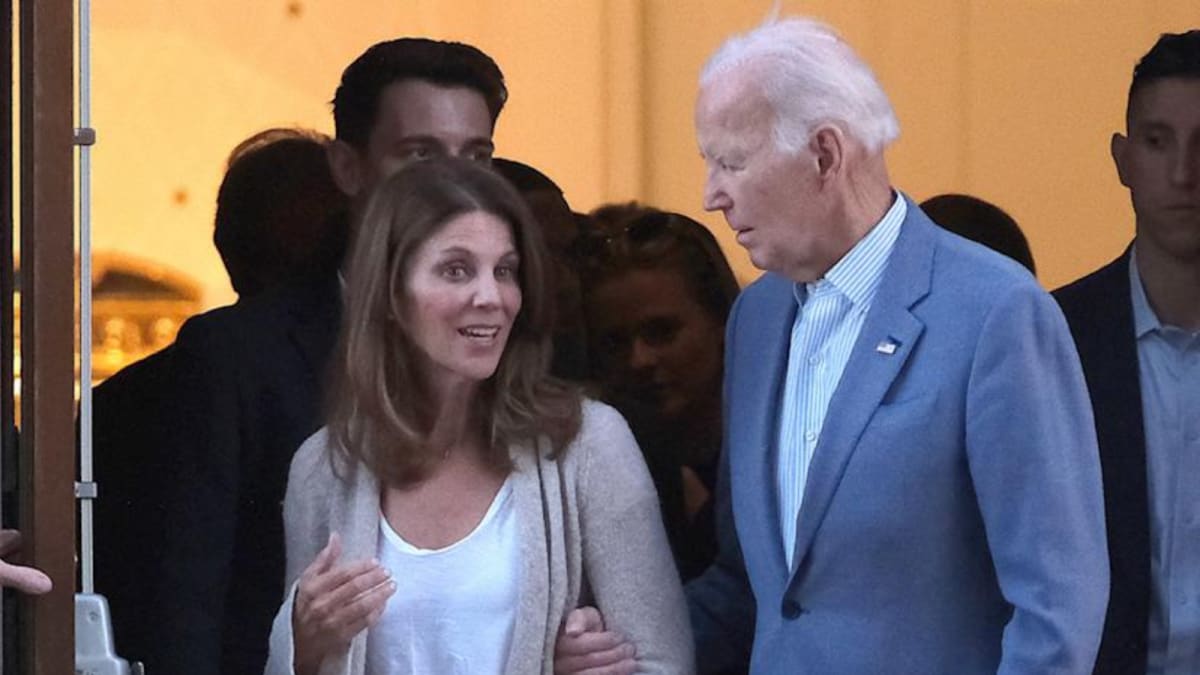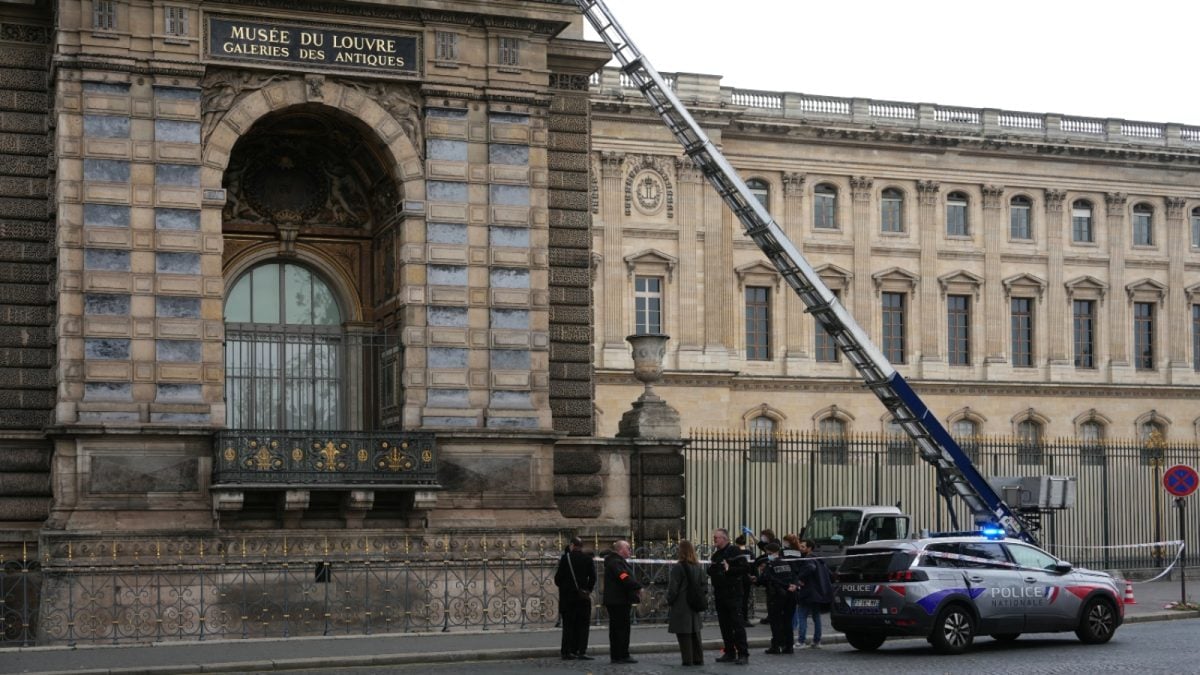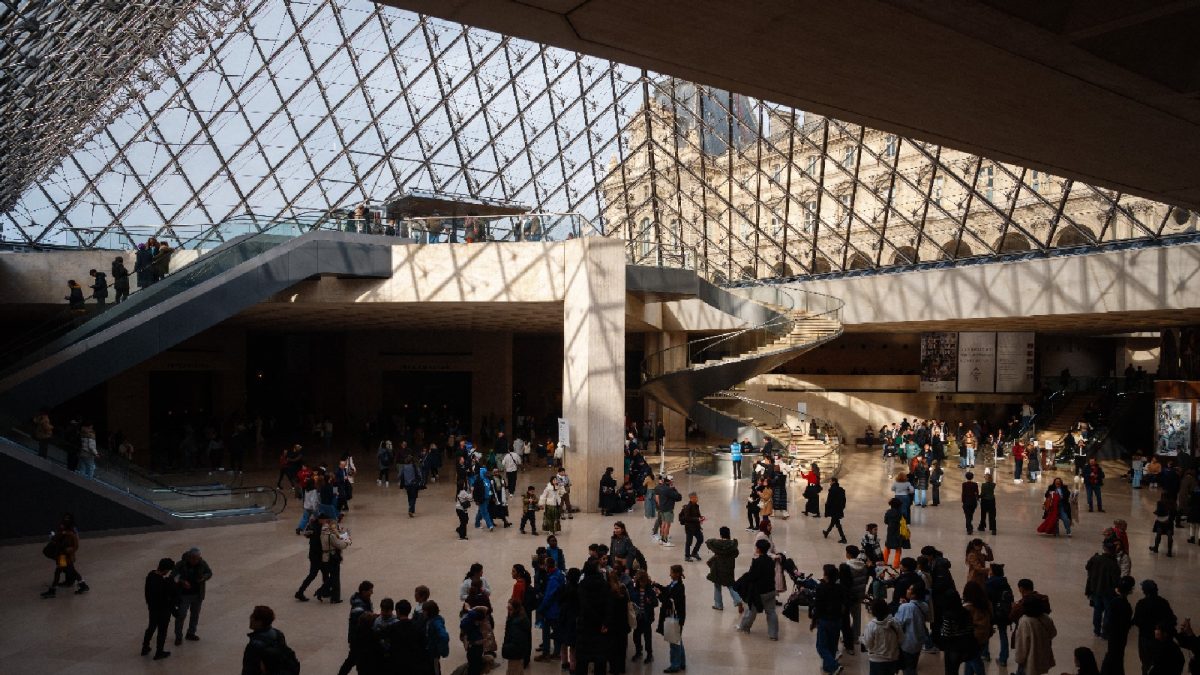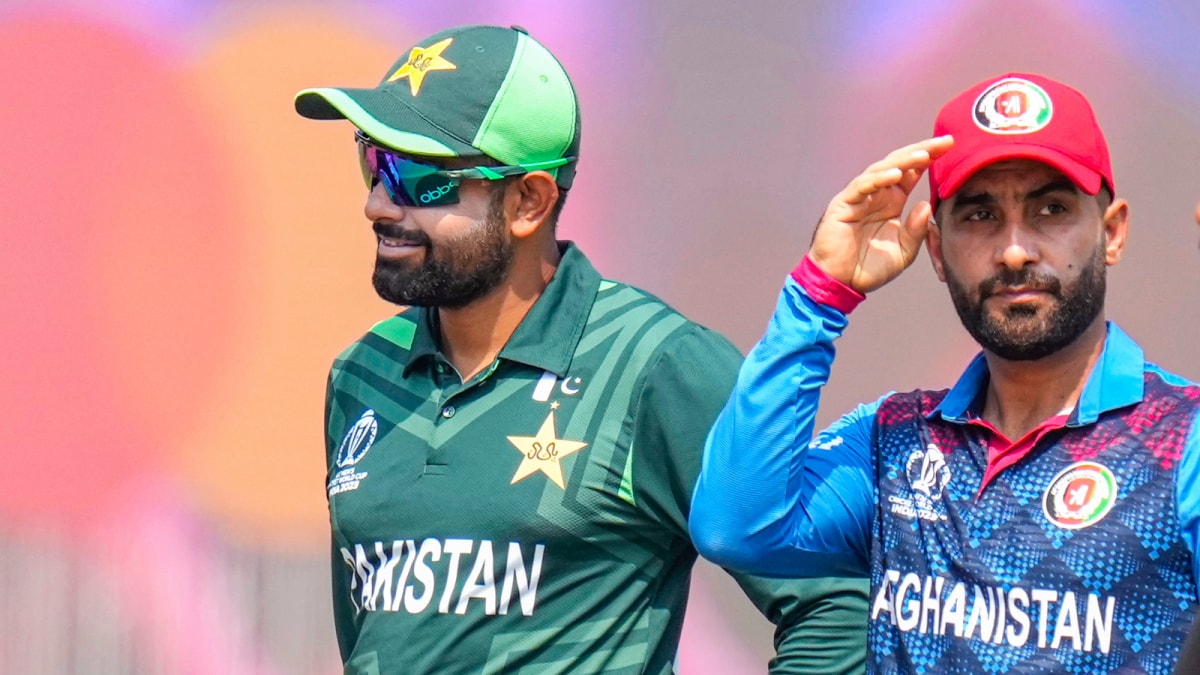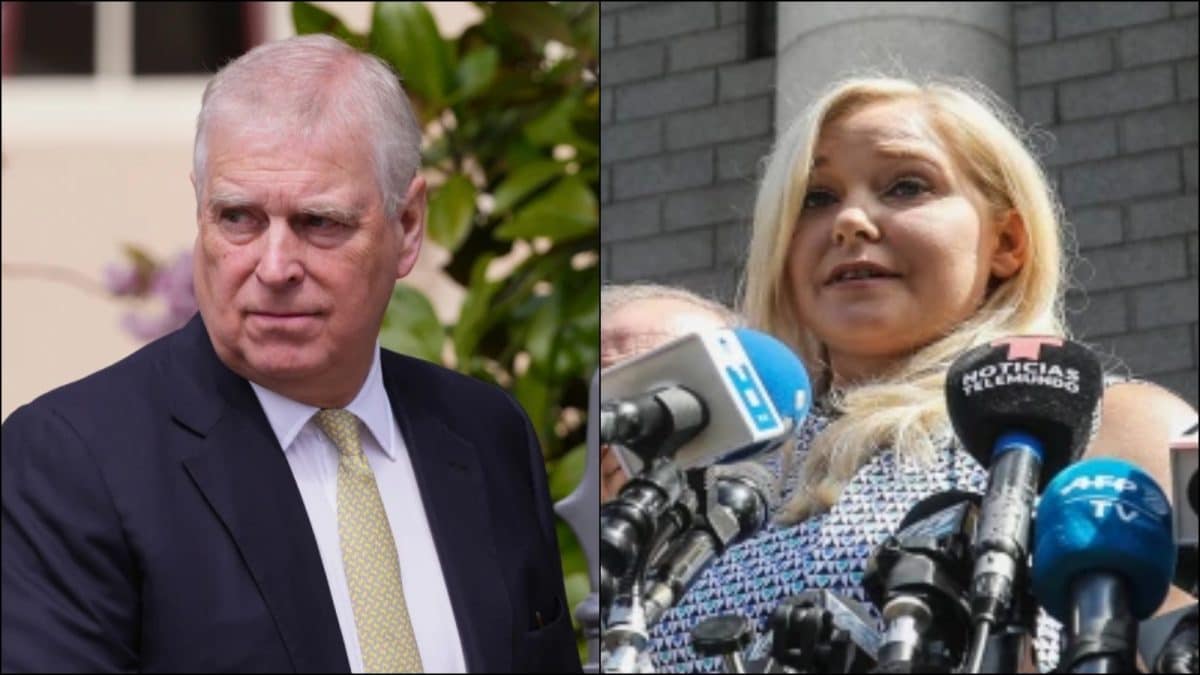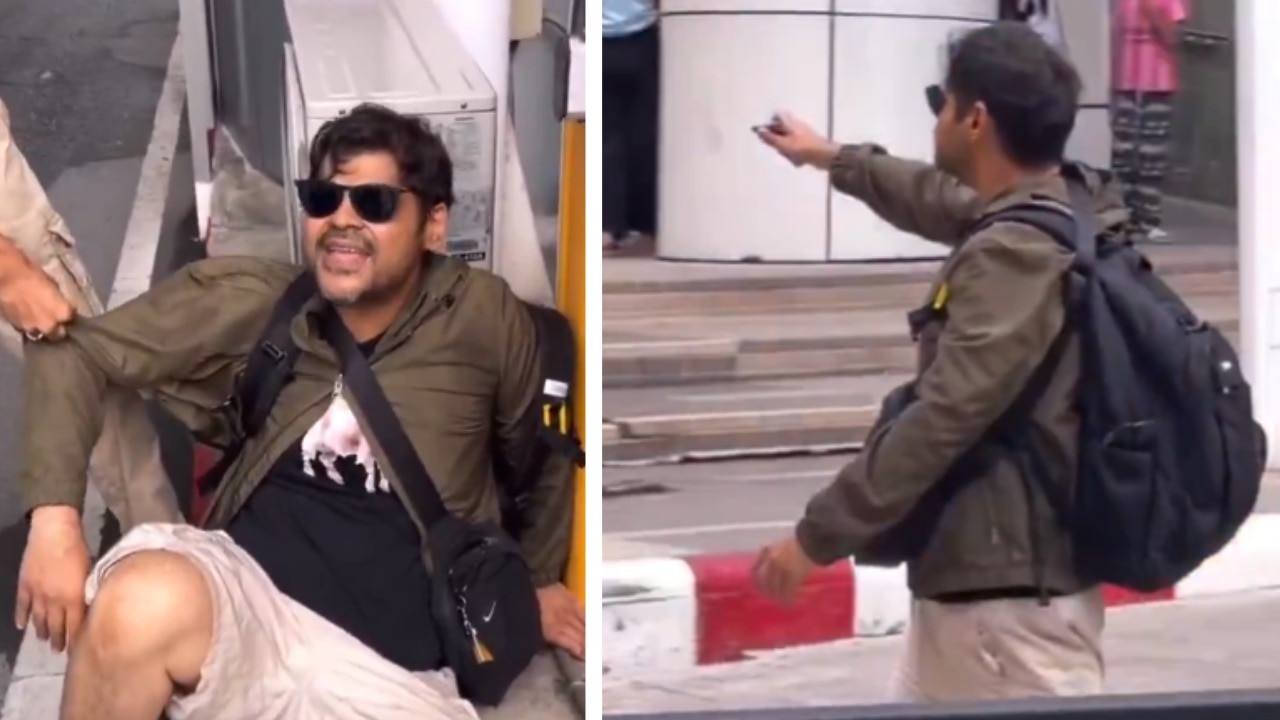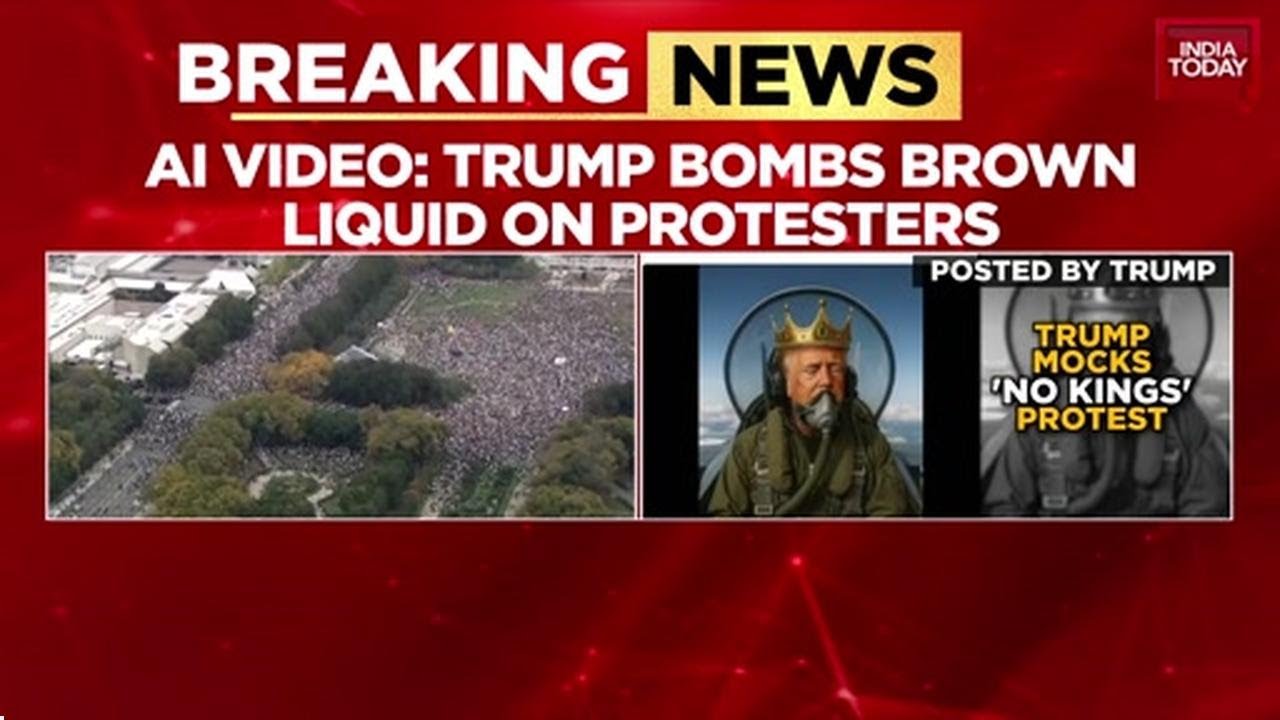Last Updated:September 08, 2025, 17:29 IST
Mass protests erupted in Kathmandu as young Nepali nationals demanded the government lift its social media ban. PM Oli defended the move, calling it a matter of national dignity.

Demonstrators gather outside Nepal's Parliament during a protest in Kathmandu on September 8, 2025, condemning social media prohibitions and corruption by the government. (Photo: AFP)
Kathmandu on Monday saw massive protests by youngsters who demanded that the government lift its ban on social media platforms and end the culture of corruption pervading the country.
As many as 14 protesters died and 87 were injured, according to state television.
One of the protesters, believed to have been shot during violent clashes in New Baneshwor, succumbed to injuries while undergoing treatment at Civil Hospital. The identities of several injured individuals remain unknown at this time.
In Damak, protesters marched from Damak Chowk towards the municipal office, where they burnt an effigy of Nepalese Prime Minister KP Sharma Oli and attempted to breach the office gates.
Police responded with water cannons, teargas, and rubber bullets, critically injuring one demonstrator, local media reported. Several motorcycles were also set ablaze, escalating tensions in the area.
Demonstrators were also seen throwing teargas back at the police, who had retreated to a corner of the street, making a huddle, and using riot shields to protect from incoming projectiles.
Meanwhile, government spokesperson Prithvi Subba Gurung said that discussions are underway to reconsider the decision to ban social media. The issue will be discussed during a cabinet meeting called by Prime Minister KP Sharma Oli, BBC reported.
He said, “The government’s decisions are not more important than the lives of the people." “The lives of our people are the most important thing. If the decisions made by the government need to be reconsidered in terms of policy, there is no point in us remaining steadfast," he said.
Last week, Nepal banned social media sites such as Facebook, Instagram and YouTube, among others, for failing to register with the Ministry of Communication and Information Technology within the given deadline.
Waving national flags, Generation Z demonstrators began the protest with the national anthem before unleashing chants against the social media prohibitions and corruption.
Since the ban, videos contrasting the struggles of ordinary Nepalis with the children of politicians flaunting luxury goods and expensive vacations have gone viral on TikTok, which is still operating.
#WATCH | Nepal | Protest turned violent in Kathmandu as people staged a massive protest against the ban on Facebook, Instagram, WhatsApp and other social media sites, leading to clashes between police and protesters. pic.twitter.com/YWNj3R0wUG— ANI (@ANI) September 8, 2025
On Monday, addressing a public event, Prime Minister Oli defended his government’s decision, stressing that the move was about upholding national dignity rather than employment losses.
“I hear of a planned ‘Gen Z rebellion.’ We are not against platforms or social networks, we are against lawlessness, arrogance, and belittling our country," Oli said.
He added that for over a year, the government had asked global platforms to register under Nepali law, pay taxes, and be accountable, but companies dismissed the request.
“They replied, ‘We don’t know your constitution.’ Then intellectuals complain: four jobs lost. But are four jobs bigger than national self-respect? For self-respect, maybe four jobs go for four days, but new ones will come. They cannot be operators, managers, and consumers all at once," Oli stated.
Watch: Nepal PM K P Sharma Oli says, “…I hear of a planned ‘Gen Z rebellion.’ We are not against platforms or social networks, we are against lawlessness, arrogance, and belittling our country. For a year, we told social networks: register under Nepal’s law, pay taxes, and be… pic.twitter.com/dPHK13kBE8— IANS (@ians_india) September 8, 2025
Last month, the country’s cabinet had decided to give the affected companies seven days to register in Nepal, establish a point of contact, and designate a resident grievance handling officer and compliance officer.
The decision came after a Supreme Court order in September last year.
In a statement on Sunday, the government said it respected freedom of thought and expression and was committed to “creating an environment for their protection and unfettered use".
Nepal has restricted access to popular online platforms in the past.
The government blocked access to the Telegram messaging app in July, citing a rise in online fraud and money laundering.
It lifted a nine-month ban on TikTok in August last year after the platform agreed to comply with Nepali regulations.
ALSO READ | Indonesian Woman Held With Fake Aadhaar And PAN Cards At India-Nepal Border

Vani Mehrotra is the Deputy News Editor at News18.com. She has nearly 10 years of experience in both national and international news and has previously worked on multiple desks.
Vani Mehrotra is the Deputy News Editor at News18.com. She has nearly 10 years of experience in both national and international news and has previously worked on multiple desks.
First Published:
September 08, 2025, 14:10 IST
News world Nepal Mulls Reversing Social Media Ban After 14 Killed In Violent Gen Z Protests
Disclaimer: Comments reflect users’ views, not News18’s. Please keep discussions respectful and constructive. Abusive, defamatory, or illegal comments will be removed. News18 may disable any comment at its discretion. By posting, you agree to our Terms of Use and Privacy Policy.
Read More

 1 month ago
1 month ago
